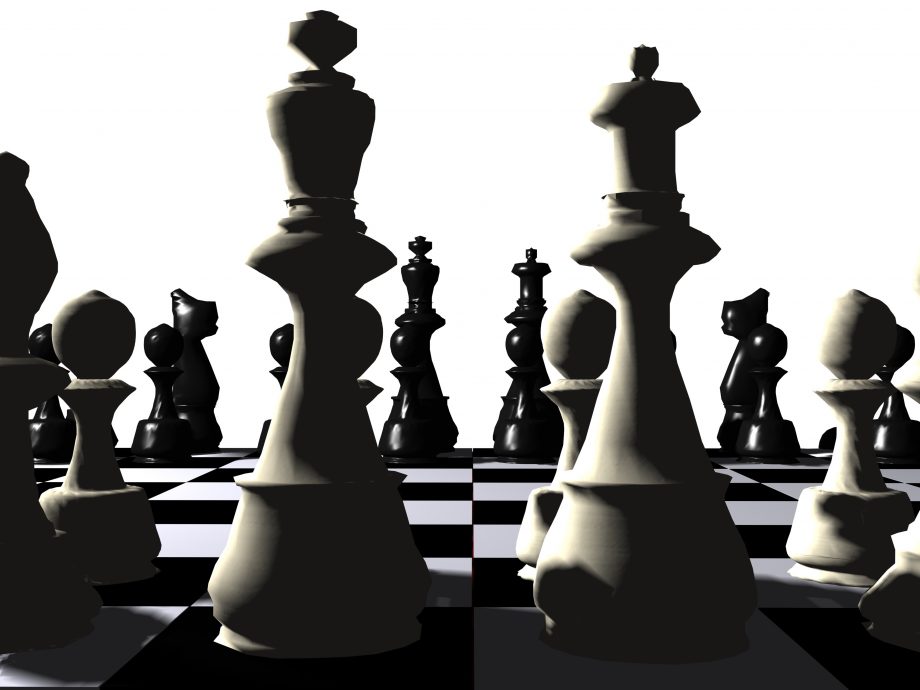The Chess God and Its Implications for Our Legal and Political Future
For law professors and political enthusiasts, it is easy to assume that most important event of the year was political, like either Neil Gorsuch’s confirmation or the tax reductions that just passed. But in our age of technological acceleration, it is almost certain that some technical innovation will have far more profound effects in the long run. And this year the most important technological event was the performance of Alpha Zero, a computer chess program that beat the best previous programs without losing a game.
Of course, computer programs have been beating humans ever since IBM’s Deep Blue beat Gary Kasparov. But all these computer programs depended on incorporating human knowledge in content of their programs—either algorithms incorporating human evaluations of positions and pieces or neural networks that learn from previous games played by humans. These programs had the edge over humans in large part because they could use computer power to calculate many more moves and thus see farther into the possibilities on the board. What is extraordinary is that Alpha Zero was simply given the rules of the game and played thousands of games against itself, getting better through a process of reinforcement learning over neural networks. It thus did not depend on either human evaluations or human data. Yet it achieved its dominance after only a day’s learning and without looking as far ahead as other programs.
In my view, emergence of this form of AI has many implications, including for law and politics.
- The architecture of the human mind has inbuilt limitations compared to AI. One of the striking facts about Alpha Go was that its understanding of chess was much deeper than that of humans. For instance, it consistently was willing to sacrifice pieces for positional advantage when even a grandmaster would not have done so, because he would have been impeded by the heuristic anchor of the value assigned to the pieces. Even the best humans seem to need such anchors because some subtleties of position are beyond their powers of pattern recognition. Alpha Zero, in contrast, is a Chess God, or as one grandmaster said, it played not like a machine but like an alien who came to earth. For those who know chess I recommend watching this game to get a sense of Alpha Go’s divine style.
- In an increasing number of domains the trial and error of many minds will lose out to machines and more centralized forms of learning. Alpha Go gained more knowledge in a day that did all players collectively in a thousand years.
- We can look forward to new drugs and other medical breakthroughs, because similar programs can discern medically rewarding patterns that humans cannot. For instance, those who produced Alpha Go are planning to use similar machine learning to work on protein folding which can help in the discovery of new drugs.
- Law may not be a completely formal system but is has some formal subfields. Think about the rule against perpetuities and some areas of tax. Lawyers in these areas may well be machined away, as it were. Lawyers would be well advised to go into areas where law is fuzzy and politically driven. Administrative agency promulgated rules may be a good area.
- In a previous essay, I suggested that in most areas of law a computer and a human would be better than just a computer, because even in the formal domain of chess computers plus very good humans could beat a computer because they complemented one another. But it is not all clear that humans could much improve on Alpha Go and there will be some domains of law that may become almost wholly the province of AI.
- The implications of the increasing power of AI go far beyond law to any other kind of job that requires following formal rules. This kind of job displacement may affect white collar workers more than blue collar workers. Politics thus may be in for a bumpy ride. Not I hasten to add, because there will be no jobs for human left to do. Humans like dealing with other humans. There is a great future in personal services. But these kinds of jobs may require very new kinds of skills and training. Much of the disruption of politics come in transitions from one kind of economy to the next, and innovations like Alpha Go suggest we are on the brink of one of the greatest and fastest transitions in human history.


